Air conditioners have never been more efficient and effective. They will keep you cool, while using less energy than ever before.
Over the life of an air conditioner, the cost of running it can well exceed its purchase price. That makes energy efficiency an important consideration when making your purchase.
The Federal Government has a very useful calculator that lets you compare the cost of running different air conditioners.
How do you protect yourself?
Before you buy, ask two important questions:
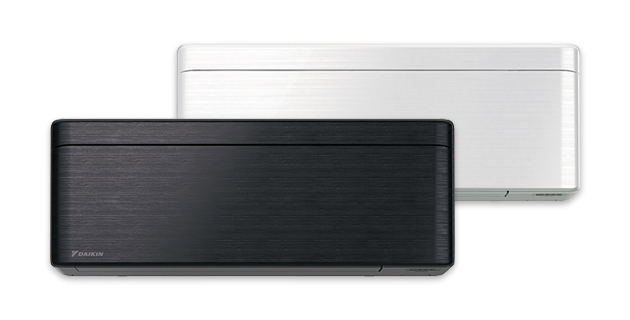
If ‘unbeatable performance’ claims sound too good to be true, they probably are.
If the brand is an unknown, consumers have a right to be sceptical.
To confirm the performance of the system, look at the energy star label and compare the performance with other makes and models.
For more information – or to learn about a Government app that helps consumers choose the right product – visit http://www.energyrating.gov.au
AREMA recommends that only virgin refrigerant is used, or reclaimed refrigerant that is warranted to meet ARI 700 2012.
AREMA has prepared this list of tips which, if followed, will save you money and help protect the environment.
Today’s equipment is about 60 percent more energy efficient than it was 20 years ago. This is a direct result of government working closely with industry to mandate the improved efficiency of air conditioners.
If your air conditioner is costing a lot to run, it might be time for an upgrade.
Here’s some useful tips that will keep you cool and save you money – particularly during those stifling summer heatwaves.
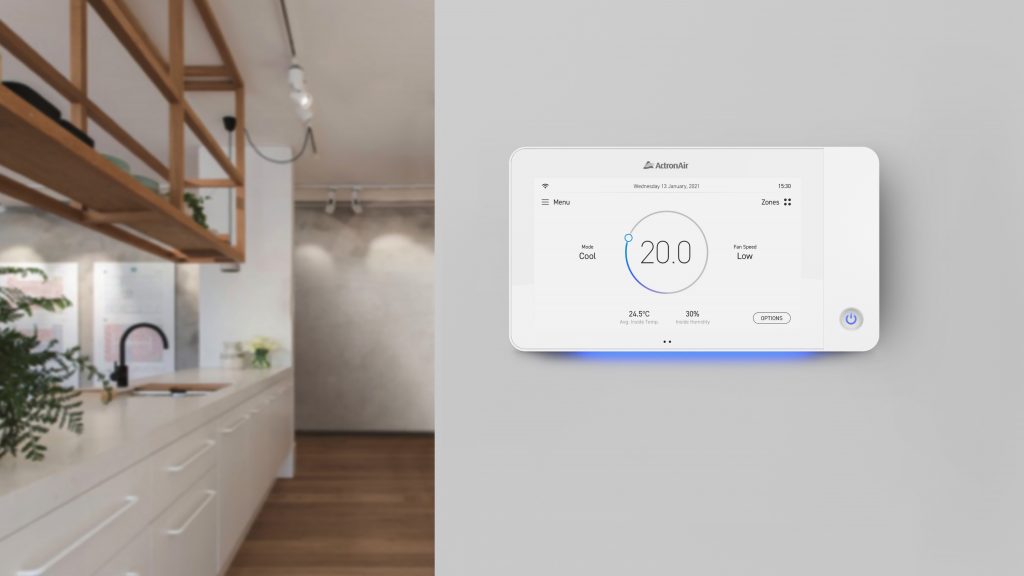
What can you do during a heatwave?
How do you prepare for a heatwave?
How do you ensure your home is energy efficient and able to keep you cooler during a heatwave?


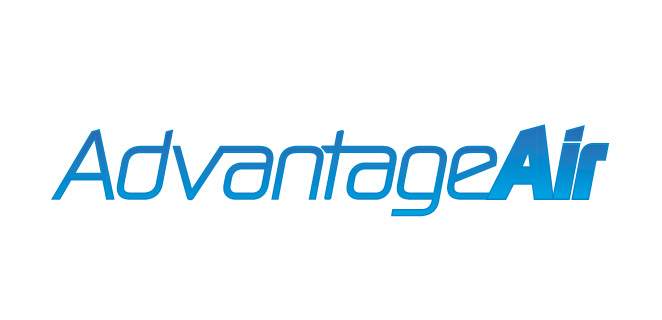








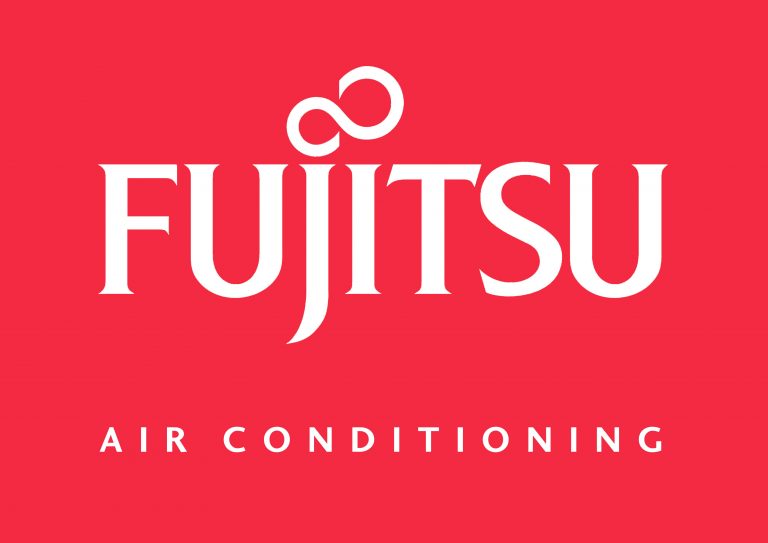
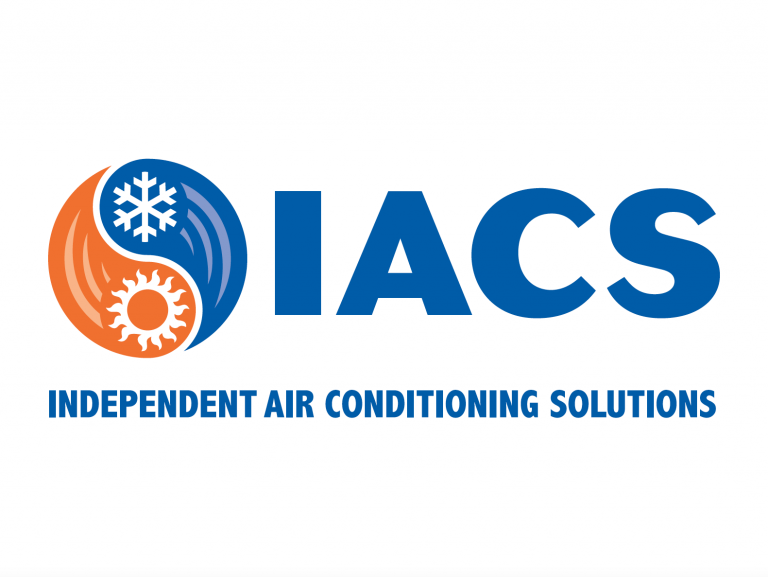








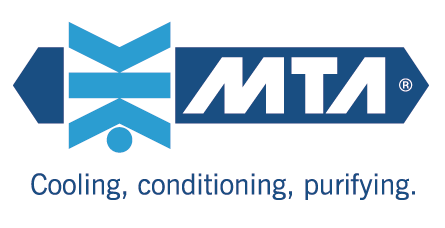






































The Secretariat,
PO Box 3507
Newmarket
QLD 4051
Phone: 1300 413 011
Email: [email protected]
Airconditioning and Refrigerant Equipment Manufacturers Association of Australia
Australia’s leading HVAC industry association representing companies actively engaged in the manufacture and marketing of air filtration, air-conditioning and refrigeration equipment throughout Australia.
Please log into the site.